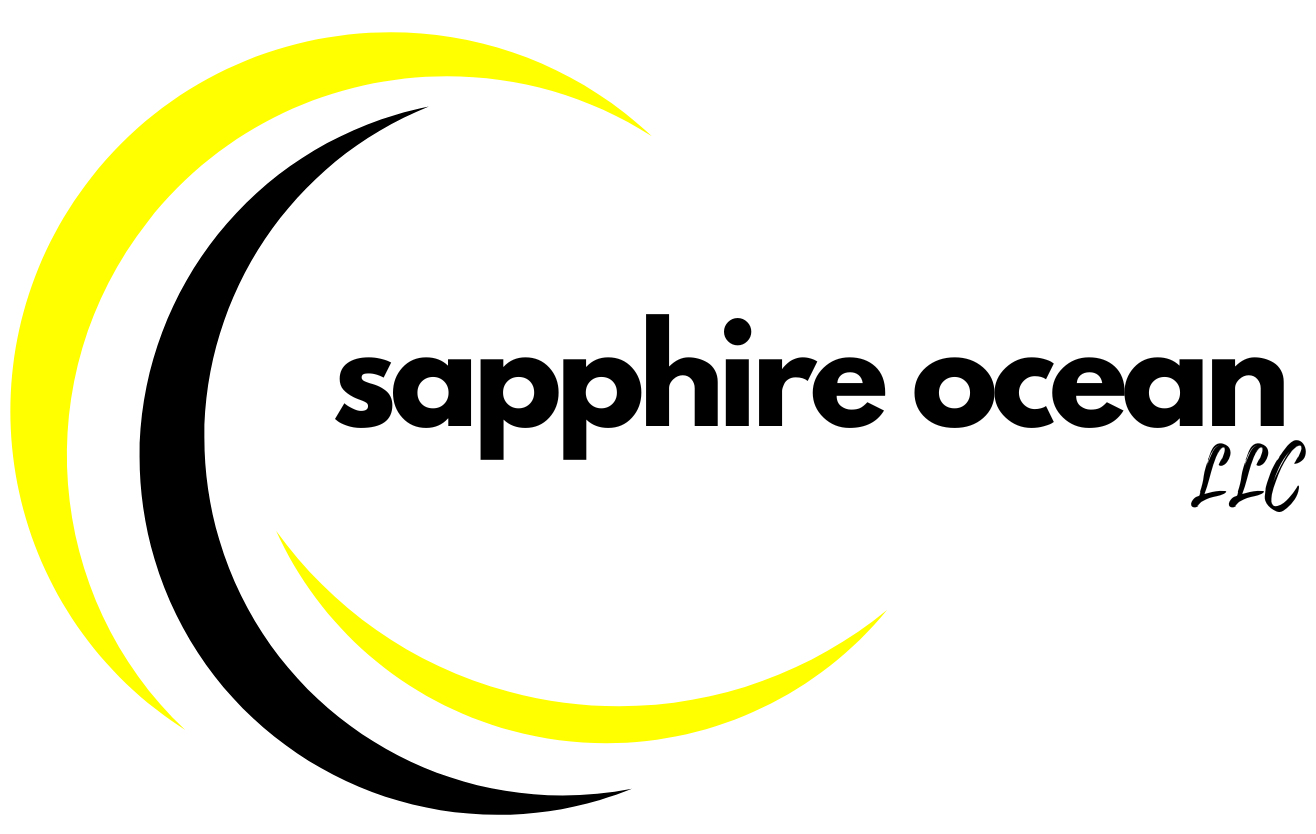
E-Invoicing Solutions in the UAE
The UAE Federal Tax Authority (FTA) has introduced e-invoicing (electronic invoicing) as a mandatory requirement for businesses to increase transparency, reduce tax evasion, and speed up tax administration. From January 1, 2023, e-invoicing is compulsory for all VAT-registered businesses in the UAE.
At Sapphire Ocean LLC, we provide expert e-invoicing solutions designed to help your business comply effortlessly with FTA regulations while automating your billing processes and improving financial accuracy.

What is E-Invoicing?
E-invoicing is the generation, issuance, and storage of invoices in an electronic structured format that allows for automatic processing by the FTA and your business systems.
Our E-Invoicing Services
We offer a complete package of E-Invoicing solutions designed to support businesses across the UAE.
Assessment & Readiness Check
We evaluate your current invoicing process and systems to identify gaps and prepare you for e-invoicing compliance.
Software Selection & Integration
We recommend and implement FTA-compliant e-invoicing software or modules that integrate smoothly with your ERP/accounting systems.
Invoice Digitization & Automation
Automate invoice creation, submission, and archiving with real-time validation from the FTA.
Training & Support
Equip your finance and sales teams with the knowledge and tools to use e-invoicing software efficiently.
Compliance Monitoring & Reporting
Continuous support to ensure ongoing adherence to FTA requirements and resolve any technical issues.
Faq
Frequently Asked Questions
What is e-invoicing in the UAE?
E-invoicing refers to the electronic generation, storage, and submission of invoices in a structured digital format that complies with UAE Federal Tax Authority (FTA) regulations. It’s a move towards automation, transparency, and digital tax compliance.
Is e-invoicing mandatory in the UAE?
Yes. As per the FTA guidelines, e-invoicing is mandatory for all VAT-registered businesses in the UAE. The system must be capable of generating structured e-invoices (XML or equivalent) and archiving them digitally.
What are the benefits of using e-invoicing?
Faster invoice processing and payments
Fewer errors and fraud
Improved compliance with FTA VAT regulations
Seamless integration with accounting and ERP systems
Easier audits and reporting
What types of invoices are included in e-invoicing?
E-invoicing applies to:
Standard tax invoices (for B2B or taxable supplies)
Simplified tax invoices (for B2C sales)
Credit notes and debit notes
Each must follow the format and fields specified by the FTA.
What happens if I don't comply with e-invoicing regulations?
Non-compliance can result in:
FTA penalties
Rejection of invoices for VAT filing
Audit complications
License renewal issues in some jurisdictions

